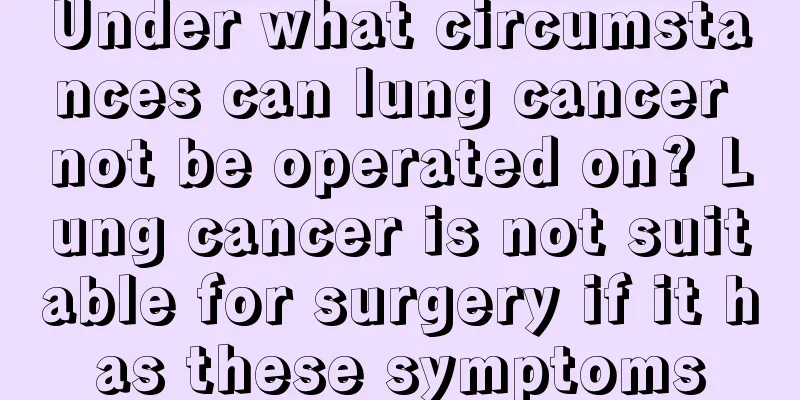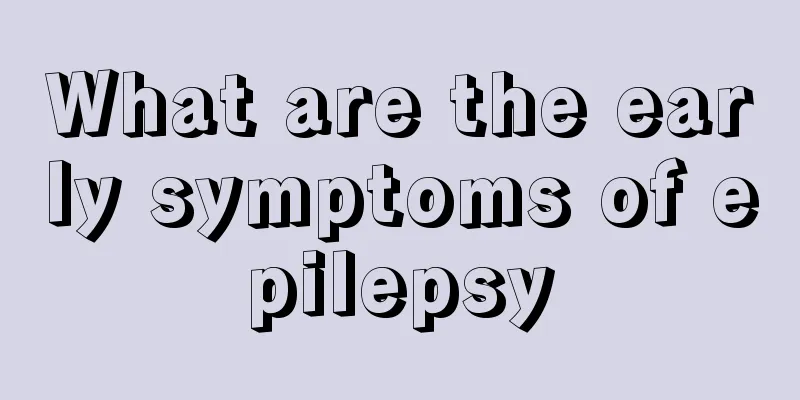What are the three treatments for laryngeal cancer?

|
Laryngeal cancer is a malignant tumor of the larynx. Sometimes, laryngeal cancer is also called pharyngeal cancer, although the pharynx is larger than the larynx. The most common laryngeal cancer is laryngeal squamous cell carcinoma, which is a malignant tumor originating from the squamous cells of the larynx. So what are the treatments for laryngeal cancer? Causes of Throat Cancer: Laryngeal cancer is most often caused by long-term smoking. The incidence of laryngeal cancer is significantly increased among people who smoke or drink frequently. Laryngeal cancer can also occur in people who do not smoke or drink, but it is extremely rare. Symptoms of Throat Cancer: Typical symptoms of laryngeal cancer include hoarseness, sore throat, earache, difficulty breathing or coughing up blood in sputum. A lump in the neck is also a common symptom of laryngeal cancer. Although these symptoms can also occur in other unimportant diseases, if they occur, you should still go to the hospital for a detailed examination to rule out the possibility of laryngeal cancer. Treatment options for throat cancer Throat cancer is usually treated with radiation therapy and surgery. These are local treatments, meaning they only work on the cancer cells in a certain area. Some people also receive chemotherapy, called systemic treatment, which circulates through the bloodstream and kills cancer cells throughout the body. Your doctor will choose one treatment or a combination of treatments based on your needs. In some cases, you'll be referred to a team of doctors who are experts in a variety of cancer treatments. The medical team usually includes surgeons, otolaryngologists, oncologists, radiation oncologists, speech pathologists, nurses, and nutritionists. Sometimes a dentist is also an important member of the medical team, especially for patients who need radiation therapy. Radiation therapy uses high-energy rays to destroy tumor cells and prevent them from growing. The rays are focused on the tumor tissue and the tissue next to the cancer. Doctors always recommend this treatment whenever possible because it kills tumor cells and the patient does not lose their voice. Radiation therapy can be used with surgery to shrink the tumor before surgery or to kill any remaining tumor cells after surgery. Radiation therapy can also be used to treat patients whose tumors cannot be removed surgically or who cannot undergo surgery for various reasons. If the tumor returns after surgery, radiation therapy is usually used. Radiation therapy is usually given 5 times a week for 56 weeks, and an additional one-time radiation treatment is often given to the cancer after the radiation therapy is finished. Surgery or surgery plus radiation therapy is used for some people who are first diagnosed. Surgery is also used for people whose tumors do not respond to radiation therapy or come back after radiation therapy. When people need surgery, the type of surgery depends mainly on the size and exact location of the tumor. If the tumor is on the vocal cords and is small, laser therapy can be used. This is a high-energy beam that can act like a scalpel to eradicate the tumor. Surgical removal of part or all of the larynx is called a partial laryngectomy or a total laryngectomy. In either surgery, a tracheotomy, or an opening in the front of the neck (which may be temporary or permanent) is done through which air passes into and out of the trachea and lungs. A tracheotomy tube, also called a tracheal tube, keeps the breathing passage open. Partial laryngectomy can preserve the ability to speak. The surgery removes part of the larynx, one side of the vocal cords, part of the vocal cords, or just the epiglottis. The tracheotomy is temporary. After the patient recovers, the tracheal tube can be removed, the tracheostomy can be closed, and the patient can breathe and talk like a normal person. In some patients, the voice may be hoarse or weak. In total laryngectomy, the patient's entire larynx is removed, so the tracheostomy is permanent and the patient (called a larynxless person) must find a new way to speak. If your doctor thinks the cancer has spread, some tissue around the cancer will be removed, as well as lymph nodes in the neck, which are often the first place the cancer spreads. Chemotherapy is the use of drugs to kill cancer cells. Your doctor may recommend a single drug or a combination of drugs. In some cases, anticancer drugs are used to shrink the tumor before surgery or radiation therapy. Of course, chemotherapy can also be used for patients whose cancer has spread. Anti-cancer drugs are usually given intravenously into the bloodstream for patients with throat cancer. Chemotherapy is usually given in cycles of chemotherapy followed by a period of rest, then another cycle of chemotherapy and rest, and so on. Some patients receive chemotherapy in an outpatient clinic, in a doctor's office, or at home, but hospitalization may be necessary depending on the chemotherapy drugs used, the treatment plan, and the patient's health. |
<<: Where is the best place to treat laryngeal cancer
>>: What kind of pills can treat laryngeal cancer?
Recommend
What is the reason for thick legs and thin arms
It is very enviable to see others have a pair of ...
How to treat throat inflammation
How to treat throat inflammation? Inflammation of...
Which Chinese medicine is suitable for nasopharyngeal carcinoma
Which Chinese medicine is suitable for nasopharyn...
What is the matter with multiple layers of eyelids
In life, many people only know about single eyeli...
Early symptoms of neck lymphoma
Early symptoms of neck lymphoma may include neck ...
Can mid- to late-stage nasopharyngeal carcinoma be cured?
Can nasopharyngeal carcinoma in the middle and la...
What are some tips for solving the pain of cutting peppers by hand
In real life, many people will encounter the pain...
I will lose control of my urine when I sneeze
Everyone knows that sneezing is a sudden forceful...
Treatment methods and steps for chronic enteritis
The treatment of chronic enteritis is not just th...
What to do if you have stomachache and want to vomit
Many people will experience stomach pain. Who has...
What to do if the sleep quality is poor, it needs to be improved slowly
If there is no good sleep, it will have a great i...
How to care for liver cancer patients in hot summer? Liver cancer patients should know these 4 rehabilitation knowledge
Liver cancer has a high incidence and mortality r...
What to eat for low blood pressure
When it comes to the disease of hypotension, I be...
What are the early symptoms of bladder cancer
Bladder cancer is a common malignant tumor, mainl...
What foods are good for lung cancer patients? Diet methods that are beneficial to lung cancer patients
Lung cancer is a common cancer in my country. In ...









